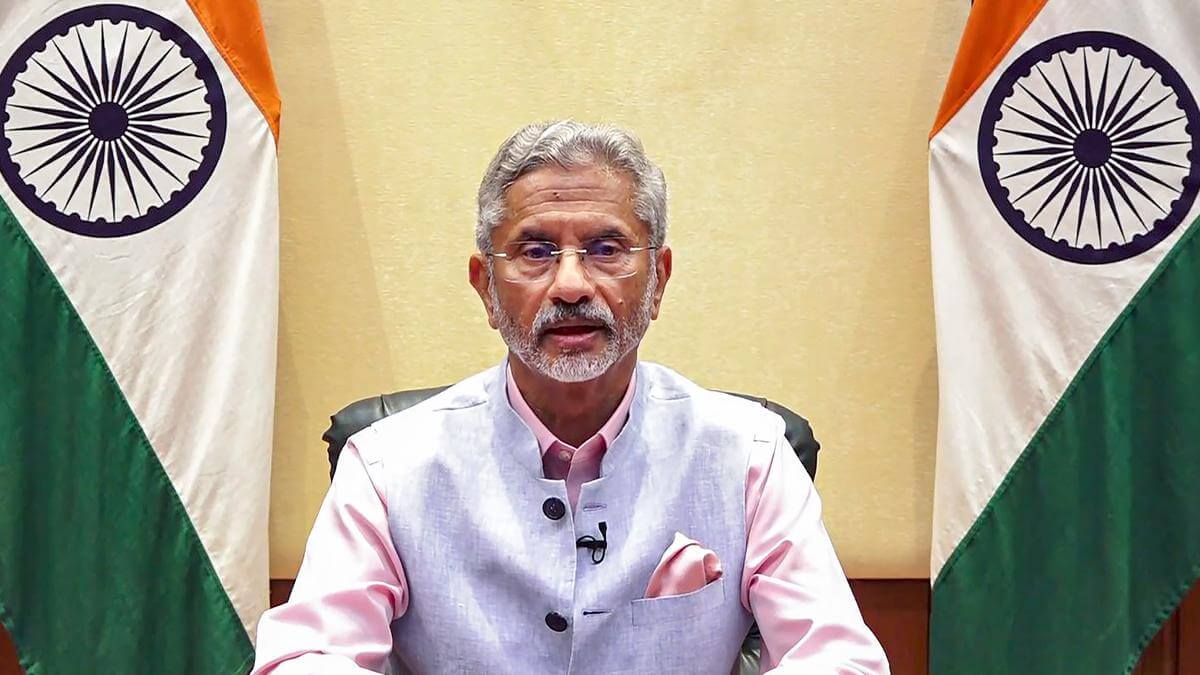During his address at the 2nd edition of Semicon India Conference 2023 in Gujarat’s Gandhinagar on Sunday, Indian External Affairs Minister (EAM) S Jaishankar said that India’s Semiconductor Mission is a powerful case for Make in India and Make for the World.
India’s Semiconductor Mission
“Our Semiconductor Mission is not just about meeting domestic requirements. It is also about contributing to the global demand for trusted manufacturing,” the EAM said.
#India's semiconductor mission is not just about meeting domestic requirements but also aimed at contributing to global demand for trusted manufacturing, External Affairs Minister S. Jaishankar said. https://t.co/kGpAeUTxIs
— The Hindu (@the_hindu) July 30, 2023
Saying that all nations have concerns about privacy and security, Jaishankar urged countries that are comfortable working together to enhance collaboration.
Addressing the issue of the mismatch between demographic supply and workplace demand in the area, he said that India has the required talent pool for the field, owing to steps taken in recent years.
India’s Interactions with the US, EU, Quad
Jaishankar further highlighted India’s global interactions with respect to the semiconductor industry. He commented that India and the US signed an MoU on Semiconductor Supply Chain and Innovation Partnership in March 2023.
He said that semiconductors were also a focus of PM Narendra Modi’s talk with President Joe Biden during the former’s US State Visit in June 2023.
The EAM also said that in May 2023, the leaders of the Quad (India, US, Australia, and Japan) grouping agreed at their meeting in Hiroshima on Principles of Critical and Emerging Technology Standards.
“Japan is another significant partner in this particular domain, and my meeting just this week with Foreign Minister Hayashi affirmed the priority that we both attach to it,” Jaishankar highlighted.
He said India and Japan signed a Memorandum of Cooperation on Semiconductor Supply Chain Partnership this month.
Semicon India 2023: EAM S Jaishankar highlights India’s global partnerships in semiconductor industry
— Economic Times (@EconomicTimes) July 30, 2023
Read more: https://t.co/EMAXFqyTQp pic.twitter.com/61YLHhbAHk
India also has an ongoing Critical Minerals Investment Partnership with Australia.
Jaishankar recalled the first Technology and Trade Council meeting held by India and the EU recently. He added that the critical technologies also found due mention in the Horizon 2047 vision document issued at the end of the PM’s recent visit to France.
Critical and Emerging Technologies in IR
The EAM said that Critical and Emerging Technologies (CET) are an intrinsic element of today’s knowledge economy.
“Who invents, who manufactures, what are the market shares, where are the resources, who has the skills, where is the talent pool — these are increasingly the crucial questions,” Jaishankar remarked.
The EAM highlighted, “Who processes and harvests our data is increasingly crucial in a world of artificial intelligence.”
Importance of Semiconductors
Semiconductors are tiny chips vital for manufacturing electronic devices in the digital era. They have been regarded as the “new oil.”
India seeks to attain self-sufficiency and emerge as a critical player in the global semiconductor value change as concerns arise about diversifying the global semiconductor supply chain.
During his address, Jaishankar held that while the depiction of a ‘Chip War’ may be somewhat overstated, it has more than a fundamental kernel of truth.
EAM Jaishankar addresses SemiconIndia conference; Recalls that Semi conductors have been the focus of talks between US, India & how they are building "technology partnership". pic.twitter.com/bpHE9YVL66
— Sidhant Sibal (@sidhant) July 30, 2023
The US and China have been embroiled in a decades-long Chip War, with tensions reaching new heights post the COVID-19 pandemic.
As the US pushes countries to restrict Chinese access to chip tech, India is emerging as an alternative to China. However, the road to India’s success is difficult, as seen in the recent break down of a $19.5 billion Foxconn-Vedanta deal in India.

